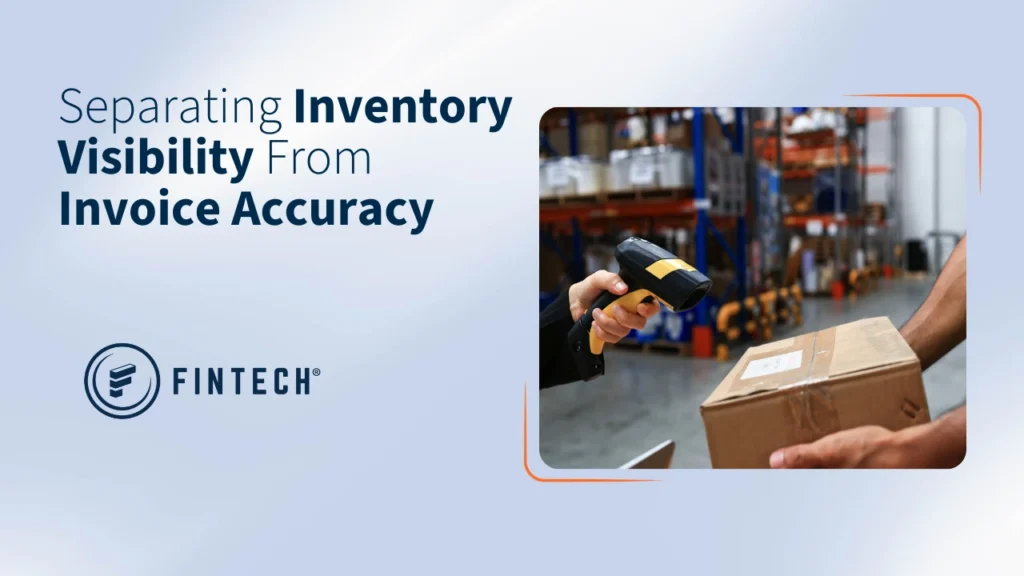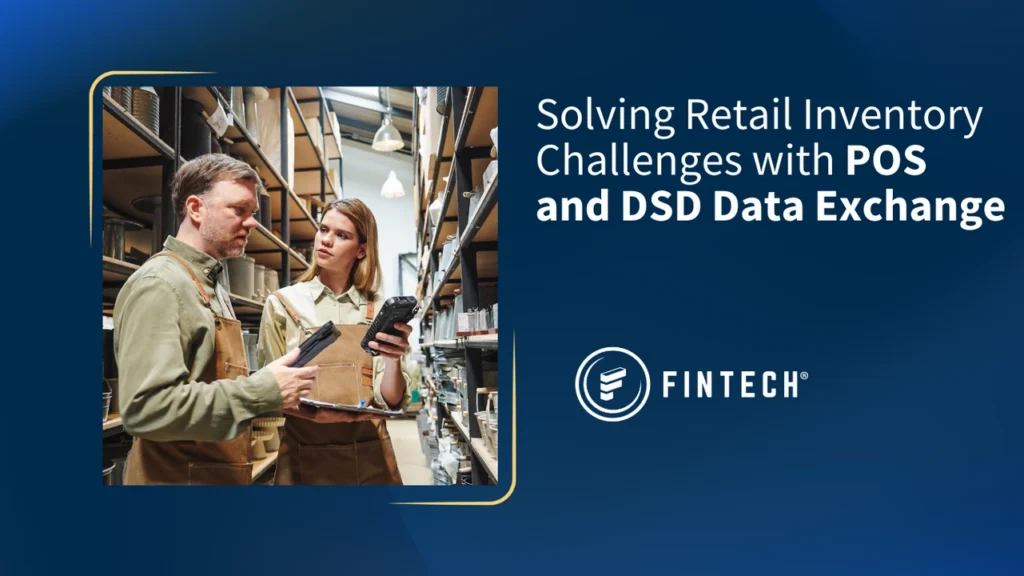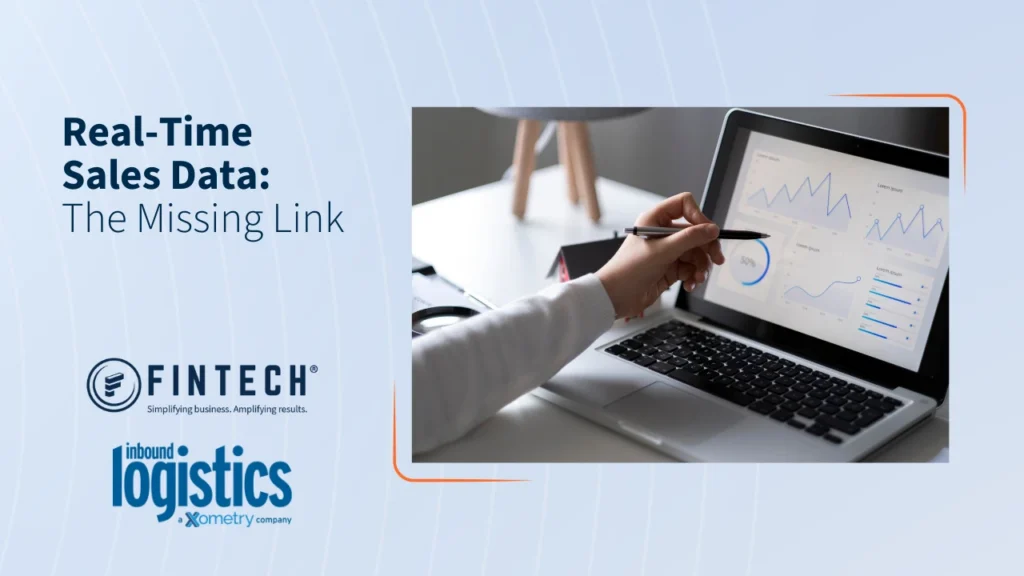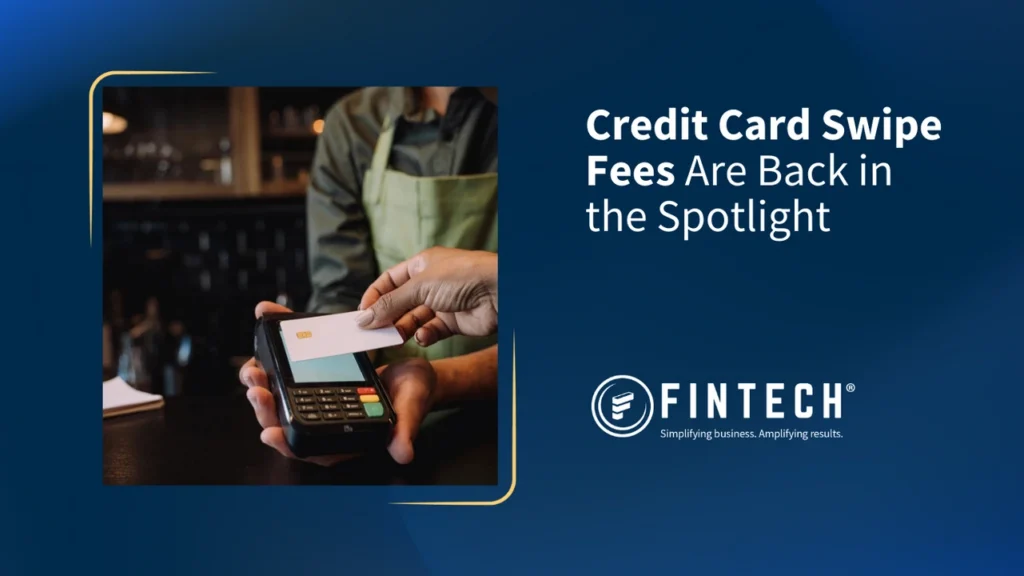This Guest Blog is written by Richard Blau, Chair of the Nationwide Alcohol Industry Group at Grey Robinson, Attorneys at Law
On May 13, 2021, Florida Governor Ron DeSantis gave final approval to a restaurant industry-backed measure that would make permanent the practice of allowing alcohol beverages to be included with take-home meals. Like similar legislation in numerous other states, the “Cocktails-to-Go” exception to Florida’s Beverage Laws originally was adopted as a measure to help on-premises retailers cope with the economic hardships resulting from the COVID-19 pandemic.
When COVID-19 reached its peak in 2020, more than 30 states plus the District of Columbia allowed restaurants and/or bars to sell cocktails to-go, bottled spirits to-go or both as emergency measures to ameliorate the closures mandated by state governors and health departments. Even as the nation began to vaccinate, 13 states filed bills at the start of 2021 to extend or make permanent cocktails to-go, and many more are expected to follow as the hospitality industry continues to suffer from the effects of the pandemic. As the pandemic enters another round of resurgence due to the spread of COVID variants, more states are lining up to erase a long-standing regulatory distinction between on- and off-premises retailers of alcohol beverages.
As of July 2021, thirty states have taken legislative action to allow cocktails-to-go either on a permanent or extended basis, supporting for hospitality businesses that continue to face economic challenges from the COVID-19 pandemic. With 16 states and the District of Columbia making cocktails –to-go permanent law, and 14 additional states adopting legislation to extend the duration of the emergency laws that originally allowed for cocktails-to-go in their respective jurisdictions, industry members and regulators are wondering: What other changes to the traditional regulation of America’s alcohol industry might slip through the pandemic door?
How Florida Changed Its Regulatory Template
For more than 80 years, the Florida Beverage Laws drew a sharp divide between on-and off-premises “vendors,” i.e., the licensed retailers authorized to sell alcohol beverages to end-use consumers. Off-premise retailers such as package stores typically were limited in number through a quota license system based on county population. In most Florida counties, only one such license was issued per 10,000 residents of the county because, after all, what communities wanted a liquor store on every corner?
On-premises licenses, such as restaurants authorized to sell alcohol beverages for consumption with their served meals, were a different story. Unlike package stores, restaurants are perceived as a positive amenity for the community, as well as a boon to Florida’s commitment to tourism. As long as the restaurants meet certain criteria related to size, seating, a bona fide kitchen, and in some cases a ledger reflecting more sales of food than alcohol, Florida communities are pleased to issue such on-premises vendor licenses without a quota restriction.
This divide between on- and off-premises retailers was the rule in Florida for over eighty years. During that time, a secondary market evolved as demand for quota licenses outstripped supply. From a regulatory perspective, the government may want to restrict the number of such licenses, but it is not particularly concerned over who holds the license so long as the licensee is “qualified.”[i] As a result, package store owners and other vendors with the right to sell beer, wine and spirits for off-premises consumption saw the market value of their quota licensees soar. In contrast, the value of administrative licenses — such as those held by restaurants and most on-premises retailers without the ability to sell liquor in sealed packages for off-premises consumption — remained limited to whatever the government charged as a standard license fee, without any market appreciation. In this context, package store operators and other quota license holders typically invested substantial capital to gain the market advantage over the holders of administratively-issued liquor licenses.
So how did Florida and a dozen other states (so far!) manage to change the rules of the game and extend off-premises privileges to retailers who previously could sell alcohol only for consumption at the point of sale? What a difference a pandemic makes!
To make Cocktails-to-Go a permanent feature of the Florida Beverage Laws, legislators in the Florida House and Senate had to agree on a compromise (Senate Bill 148) that placed limits on the categories of licensed restaurants that are permitted to sell alcohol beverages for off-premises consumption with take-home and delivery orders. Specifically, the new exception is extended to 4COPS and specialty “SRX” licensed restaurants (generally non package-store quota license holders who may sell beer, wine, and liquor for consumption on the premises) to sell or deliver alcohol beverages by the drink or in manufacturer-sealed containers for off-premises consumption. The new law expressly also allows qualifying SRX restaurants to sell unopened bottles of beer or wine (but not distilled spirits) for off premises consumption.
Additionally, the new legislation authorizes qualifying on-premises retail licensees to sell or deliver an individual serving of liquor or a liquor-based beverage prepared by the licensee for off-premises consumption if the container is sealed by the licensee and accompanied by the sale of food, and the food and nonalcoholic beverages account for at least 25 percent of the total charge for the order. Specific conditions on delivery include: (i) deliveries cannot be made by any person under 21 years of age; (ii) the beverages must be transported in a locked container, vehicle trunk, or behind the last upright seat of the transporting vehicle; and (iii) . Additionally, no delivered beverage container can exceed 32 ounces, and all deliveries must comply with the confirmation requirements of Section 561.57 of the Florida Statutes to assure that the recipients of the alcohol beverages are lawful consumers.
Similar legislation has been adopted in numerous states across the country. On June 29, 2020, Iowa Governor Kim Reynolds signed into law House File 2540,[ii] making Iowa the first state to make the cocktails-to-go exception permanent. Ohio followed shortly thereafter, when Governor Mike DeWine signed HB669[iii] into law on October 13, 2020. Since then, 14 additional states have followed suit:
- Kentucky Governor Andy Beshear made Kentucky the third state in the nation to make a COVID-era cocktails to-go measure permanent by signing SB 67[iv] on March 16, 2021. The bill permanently allows cocktails to-go from restaurants, bars and distilleries which will increase consumer convenience and support hospitality businesses devastated by COVID-19.
- Wisconsin became the fourth state to make temporary COVID-era measure permanent. Wisconsin Governor Tony Evers signed AB32[v] on March 26, 2021, making cocktails to-go permanent from restaurants and taverns which will increase consumer convenience and support local hospitality businesses devastated by COVID-19.
- West Virginia Governor Jim Justice signed HB2505[vi] on April 5, 2021, an omnibus drug and alcohol bill that contains a number of consumer-friendly measures, including permitting cocktails to-go and home delivery of distilled spirits.
- Montana Governor Greg Gianforte signed HB226[vii] on April 14 making cocktails to-go permanent in the state. This measure was adopted to support Montana’s hospitality businesses devastated by COVID-19 and provides increased convenience to consumers.
- Arkansas Governor Asa Hutchinson signed SB 339[viii] on April 14 permitting cocktails to-go in the state. This measure, which makes the sale of cocktails to-go permanent, supports Arkansas hospitality businesses devastated by COVID-19 and provides increased convenience to consumers.
- Georgia Governor Brian Kemp signed SB236[ix] on May 6, 2021. The new law makes cocktails to-go permanent from food service establishments, increasing consumer convenience and supporting Georgia hospitality businesses devastated by COVID-19.
- Oklahoma Governor Kevin Stitt signed on HB2122[x] on May 7, 2021. Entitled the Oklahoma Cocktails To Go Act of 2021, the new law allows restaurants to sell for off-premises consumption alcohol beverages in sealed containers to those who are verified to be 21 years old or older.
- Texas Governor Greg Abbott signed HB1204 into law on May 12, 2021. The new law makes permanent the COVID-19 exception that allows restaurants and bars to permanently sell alcohol beverages on a “to-go” basis.
- Florida Governor Ron DeSantis signed SB148[xi] on May 13, 2021, making cocktails-to-go permanent.
- District of Columbia
- Kansas Governor Laura Kelly signed into law HB2137[xii] on May 18, 2021, allowing to-go beer and alcoholic drinks from clubs, bars and restaurants until 11 p.m., as long as the drinks are in sealed containers and clear bags that discourage tampering.
- Nebraska Gov. Pete Ricketts signed LB274[xiii] into law on May 26, 2021, making cocktails to-go permanent The new law also allow craft distillers to create up to 100,000 gallons of spirits annually (up from 10,000 gallons/year), and lowers taxes on RTD canned cocktails.
- Missouri Governor Mike Parsons signed into law SB126 on July 7, 2021. The new law legalizes to-go cocktails from restaurants, bars and distilleries, so long as the alcohol beverages are sold along with food and in tamper-proof, sealed containers intended to discourage drinking while driving.
- Oregon Governor Kate Brown signed into law Senate Bill 317[xiv] making the COVID-era cocktails-to-go exception permanent, effective January 1, 2022. The bill was signed on June 11, 2021, and became effective on that date.
- Rhode Island Governor Dan McKee signed S0555[xv] that will allow restaurants to sell to-go cocktails until March 1, 2022. The legislation allows restaurants to sell up to two 750 milliliter bottles of wine, 72 ounces of a mixed-wine drink, 144 ounces of beer, and mixed drinks with no more than nine ounces of distilled spirits. All drinks must be sold in factory-sealed containers or containers that are sealed in such a way as to make it very evident that the container has been reopened.
Other states have decided to extend emergency cocktails to-go exceptions, keeping the provision for another year or two. Each state has small differences in how the policy will be carried out, but generally, the timeline looks like this:
- Delaware Governor John Carney is expected to sign HB1[xvi] that would approve cocktails to-go through March 2022.
- Virginia Governor Ralph Northam signed special session legislation HB1879[xvii] to extend the cocktails to-go exception until July 1, 2022. The new law applies to bars and restaurants that already have a mixed-drink license with Virginia Alcoholic Beverage Control Authority to help boost sales during the COVID-19 pandemic.
- Maine Governor Janet Mills signed LD205[xviii] on March 18, 2021. The emergency legislation extends the state’s cocktails-to-go pandemic privilege for restaurants and bars through September 2022.
- Maryland Governor Larry Hogan signed HB12[xix] on May 18, 2021, extending the exception for on-premises retailers to sell and deliver cocktails-to-go through June 30, 2023. In the meantime, the law requires the Alcohol and Tobacco Commission and the Maryland Department of Health to jointly study the effects of expanding alcohol access and report the findings to the General Assembly by Dec. 30, 2022.
- Massachusetts Governor Charlie Baker signed into law S2475[xx] on June 16, 2021. The new law allows restaurants to continue selling beer, wine, and cocktails with takeout orders through May 1, 2022. Prices must be the same as drinks consumed onsite.
- Washington State Governor Jay Inslee signed HB1480[xxi],extending until July 1, 2023, liquor license privileges similar to allowances that the Liquor and Cannabis Board (LCB) provided to licensees during the COVID-19 pandemic, e., curbside and takeout service or delivery of alcohol products, the sale by restaurants of premixed cocktails, cocktail kits, and wine drinks, and the sale of growlers.
- Colorado Governor Jared Polis signed HB 1027,[xxii] a measure to extend cocktails to-go from restaurants and bars until July 1, 2025. The bill was signed into law on June 22, 2021.
Most of the new state laws providing restaurants and certain on-premises retailers the privilege of selling alcohol beverages for off-premises consumption contain key commonalities:
- Retailer-packaged liquor can only be sold to a lawful consumer in a container, filled on the retailer’s premises by any employee who is 21 years of age or older, for off-premises consumption;
- The container is rigid, durable, leakproof, sealable, and has no openings for straws and contains a certain amount of liquor as provided in the act;
- The consumer orders and purchases a meal prepared on the premises at the same time as the consumer purchases the liquor;
- The holder of the license provides the consumer with a dated and itemized receipt for the purchase of the intoxicating liquor;
- The number of alcoholic beverages sold by an on-premises licensee for off-premises consumption under the cocktails-to-go law is limited to some cap relative to the number of meals (or, in some states, other non-alcohol items) sold by the licensee; and
- The sealed container is either (A) placed in a one-time-use transparent bag that is sealed or the container has been sealed with tamperproof tape, or (B) required to be transported in a vehicle trunk or other closed space away from the transporting vehicle’s driver.
At 16 states and counting, additional action is expected in more states either to make the emergency cocktails-to-go exceptions permanent, or at least to extend the exceptions for one or more additional years as the pandemic’s devastating effects continue to subside.
Progressive Reform, or a Pandora’s Box?
Numerous sources confirm that cocktails-to-go laws have provided desperately needed relief to the COVID-ravaged hospitality industry. Restaurants, bars and nightclubs were especially hard-hit by the pandemic. While many states have been quick to “reopen,” the new COVID-variant puts that relief in jeopardy.
And yet, while it may seem a no-brainer for most consumers, the notion of allowing a restaurant or other on-premises retailer to sell alcohol beverages for off-premises consumption is a radical idea in the eyes of industry members and those who regulate them. The new laws permitting on-premises retailers to exercise certain off-premises privileges raise several issues for regulators, industry members and policy makers:
- Does allowing bars and restaurants to sell cocktails-to-go impede the enforcement of open container laws that attempt to address driving while impaired?
- Have states with cocktails-to-go laws experienced a material increase in DUI/DWI incidents?
- Have purchasers of quota licenses allowing for off-premises sales of alcohol beverages seen a demonstrable diminution in the value of their licenses due to cocktails-to-go legislation?
- Have communities which are now subject to cocktails-to-go laws seen a proliferation in the number of “liquor outlets” that quota licenses were designed to restrict?
As many states look forward to the 2022 legislative season, retail sales of alcohol beverages are likely to be a subject of great discussion. In the months before those legislatures convene, now is the time for alcohol regulators, industry members and policy advocates to consider carefully whether cocktails-to-go is a phenomenon that should be continued, expanded or revoked in favor of a return to the traditional distinctions between on- and off-premises retailers.
For more information on cocktails-to-go legislation and policy considerations, please contact GrayRobinson’s Nationwide alcohol Industry Group at (866) 382-5132 or via email at beveragelaw@gray-robinson.com
[i] Qualifications to hold an alcohol beverage license usually focus on the regulator’s duty to assure that licensees are not criminals, underage, or disqualified due to cross-tier interests or other prohibited attributes. In Florida, as in most states, quota licenses may be transferred so long as (i) the buyer is qualified to be a licensee, (ii) the seller has not encumbered the license either though failure to pay taxes or violation of an applicable administrative regulation, and (iii) the appropriate transfer paperwork is completed and approved by the authorized alcohol regulatory agency.
[ii] https://www.legis.iowa.gov/legislation/BillBook?ga=88&ba=HF%202540
[iii] https://www.legislature.ohio.gov/legislation/legislation-summary?id=GA133-HB-669
[iv] https://apps.legislature.ky.gov/record/21RS/sb67.html
[v] https://docs.legis.wisconsin.gov/2021/proposals/ab32
[vi] https://www.wvlegislature.gov/bill_status/Bills_history.cfm?input=2505&year=2011&sessiontype=rs&btype=bill
[vii] https://webserver.rilin.state.ri.us/BillText/BillText21/SenateText21/S0555Aaa.pdf
[viii] https://www.arkleg.state.ar.us/Bills/Detail?ddBienniumSession=2021%2F2021R&measureno=SB339
[ix] https://legiscan.com/GA/bill/SB236/2021
[x] https://www.oklegislature.gov/BillInfo.aspx?Bill=HB%202122&Session=2100
[xi] https://www.flsenate.gov/Session/Bill/2021/148/?Tab=BillHistory
[xii] https://kslegislature.org/li/b2021_22/measures/hb2137/
[xiii] https://nebraskalegislature.gov/bills/view_bill.php?DocumentID=43787
[xiv] https://olis.oregonlegislature.gov/liz/2021R1/Measures/Overview/SB317
[xv] https://webserver.rilin.state.ri.us/BillText/BillText21/SenateText21/S0555Aaa.pdf
[xvi] https://legis.delaware.gov/BillDetail?LegislationId=48222
[xvii] https://lis.virginia.gov/cgi-bin/legp604.exe?212+sum+HB1879
[xviii] https://mainelegislature.org/LawMakerWeb/summary.asp?ID=280078113
[xix] https://legiscan.com/MD/bill/HB12/2021
[xx] https://malegislature.gov/Bills/192/S2475
[xxi] https://app.leg.wa.gov/billsummary?BillNumber=1480&Year=2021&Initiative=false







